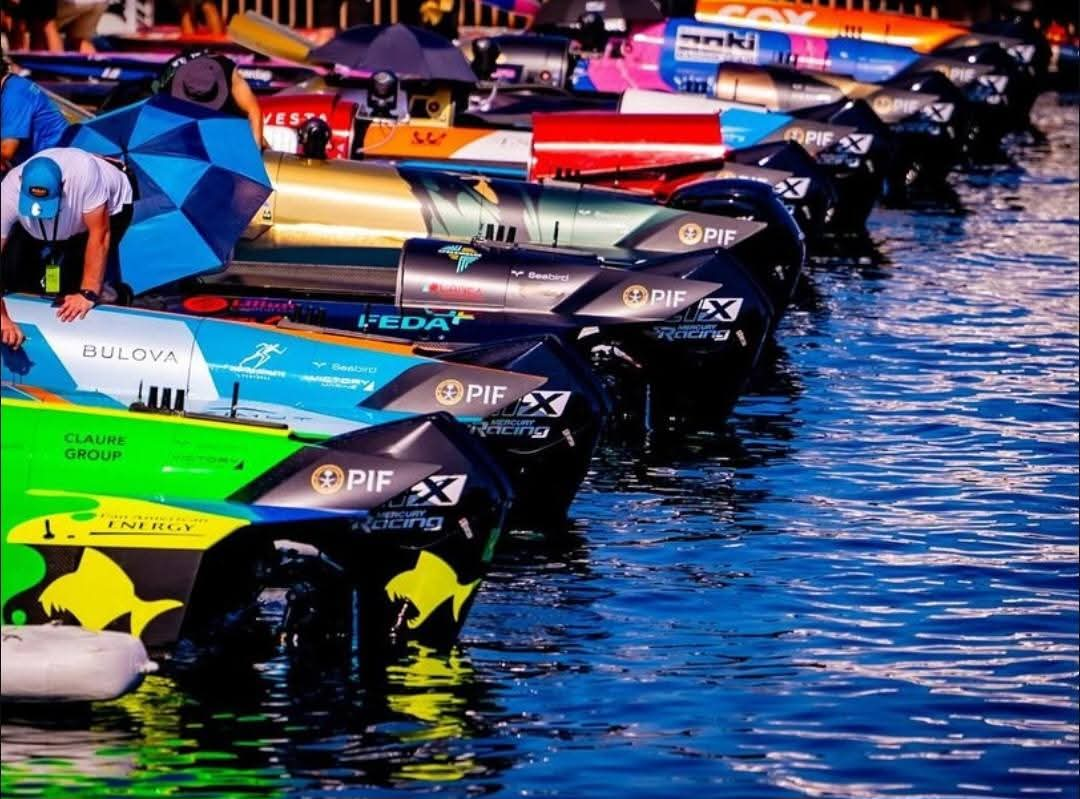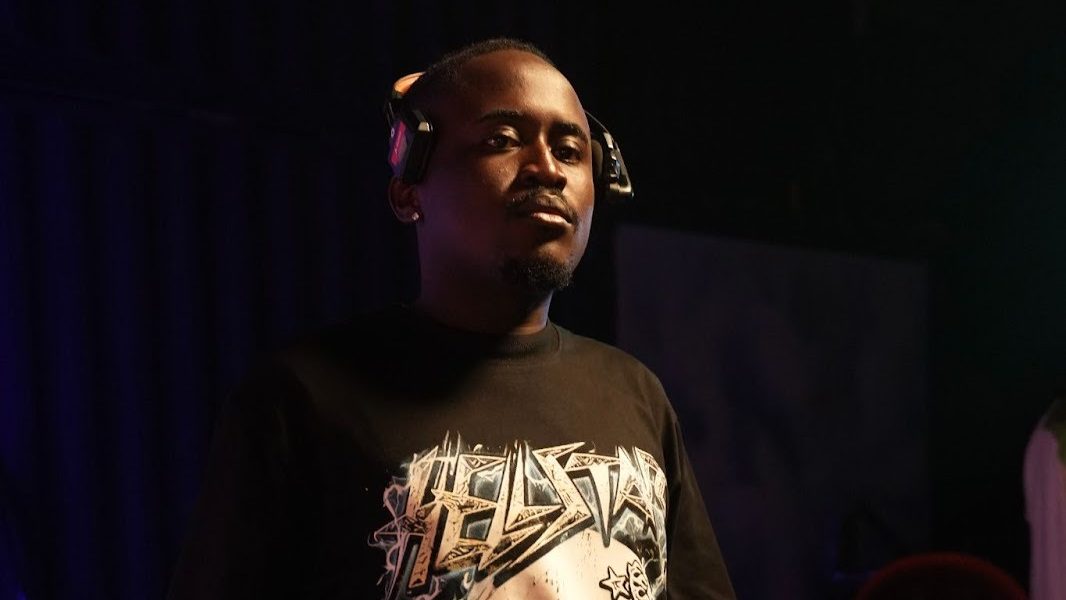In a thrilling and historic performance, the Brazilian team stormed to victory at the inaugural Lagos E1 Electric Boat Race, marking a new chapter for marine motorsport in Africa. The victory not only crowned Brazil as the first-ever winners of an E1 race on African waters but also highlighted the growing global excitement surrounding sustainable, technology-driven competition.
A Historic Debut for Africa
The E1 World Championship, recognized as the world’s first all-electric powerboat racing series, made its much-anticipated African debut in Lagos from October 3 to 5. The event took place on the scenic waters off Victoria Island, transforming the Lagos Marina into a hub of innovation, sustainability, and speed.
The decision to bring the E1 series to Lagos was hailed as a significant milestone for both the sport and the continent. The city’s dynamic energy, coastal geography, and emerging reputation as a destination for international sports made it the perfect stage for this groundbreaking event. The race drew thousands of spectators, including local fans, environmental advocates, global dignitaries, tourism leaders, and technology enthusiasts.
According to organizers, Lagos was chosen because of its commitment to sustainability and innovation. The event formed part of a broader strategy to promote clean energy initiatives, eco-friendly tourism, and a modern image of African cities capable of hosting world-class sporting spectacles.
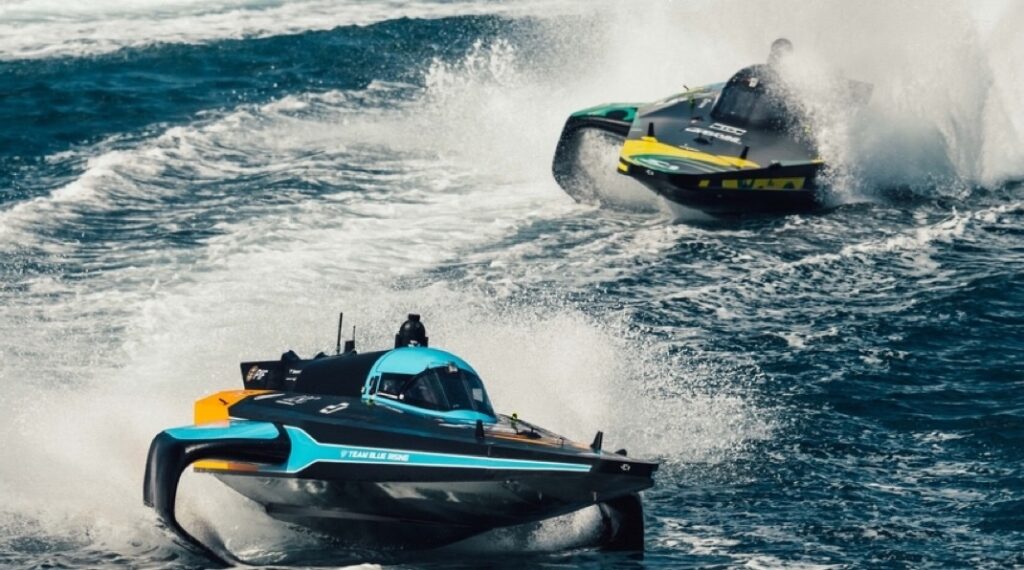
The Race and the Rivalry
Nine teams from different countries participated in the Lagos race, piloting cutting-edge RaceBird vessels. These futuristic electric hydrofoiling boats are capable of reaching speeds of over 90 kilometers per hour while producing zero emissions. Each boat is lifted above the water by hydrofoil wings, reducing drag and enabling high-speed performance with minimal environmental impact.
The Brazilian team quickly emerged as the standout performers during the qualifying rounds, demonstrating precise control, advanced strategy, and remarkable coordination between pilot and crew. Their RaceBird handled the choppy Lagos currents with impressive stability, outpacing competitors from Europe, Asia, and Africa.
As the semifinals unfolded, the tension grew. Teams from Britain, the United States, and the United Arab Emirates made a concerted effort. Still, the Brazilians maintained their composure, balancing speed with energy conservation, a key tactical element in electric racing.
The grand finale was nothing short of spectacular. With fans lining the waterfront and cheering from boats anchored along the Marina, the Brazilian team delivered a flawless performance. They crossed the finish line just seconds ahead of their closest rivals, sealing a historic victory and etching their name into the record books as the first champions of an E1 race held in Africa.
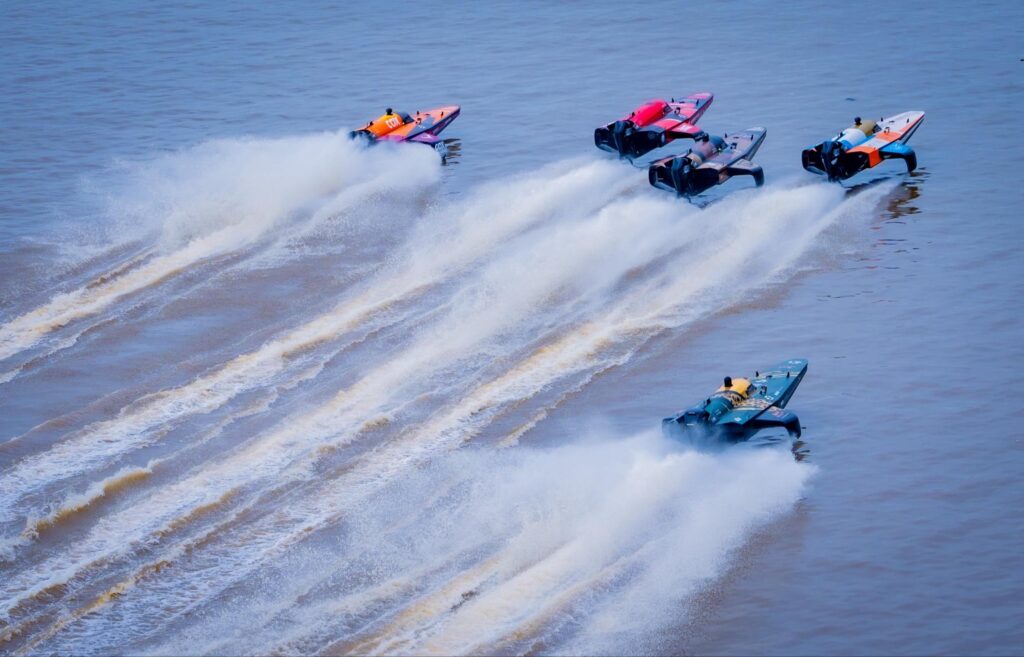
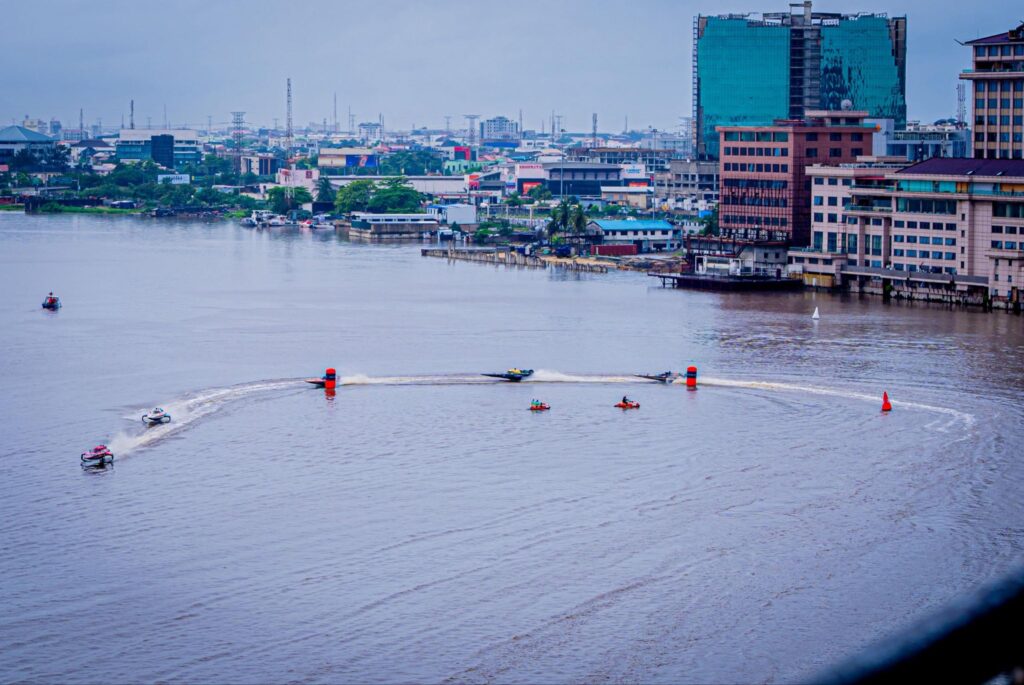
Celebration and Symbolism
The Brazilian victory was met with jubilant celebrations both in Lagos and across Brazil. For the South American nation, already renowned for its prowess in traditional motorsport and football, this triumph symbolized a growing investment in sustainable innovation and renewable technology.
Team captain João Pereira, speaking after the race, described the win as “a dream come true.”
“We came to Lagos knowing this was more than just a race, it was a moment in history,” he said. “We wanted to show that performance and sustainability can go hand in hand. Winning here, in Africa’s first E1 race, is something we’ll never forget.”
In Nigeria, the event was seen as a significant success for sports tourism and technological progress. Lagos State Governor Babajide Sanwo-Olu, who played a key role in securing the race for the city, congratulated all participants and praised the Brazilian team for their outstanding performance.
“This race has shown the world that Lagos is ready for the future, a city where innovation, sustainability, and entertainment coexist,” the governor said. “We are proud to host the E1 World Championship and to make history together with our friends from Brazil.”
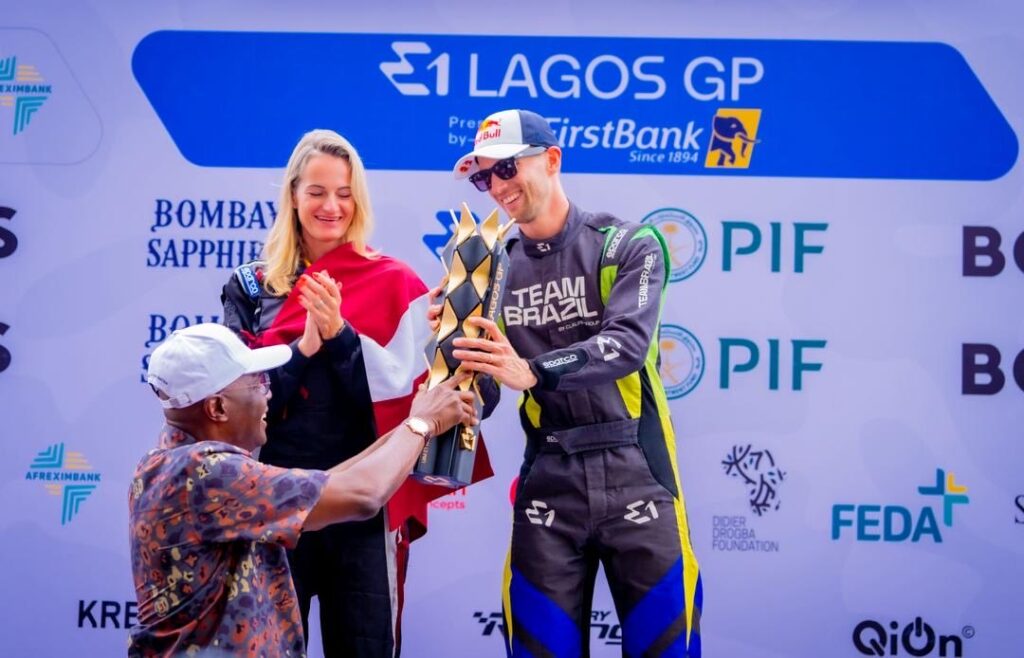
Fans, Innovation, and Environmental Impact
Beyond the competition, the Lagos E1 race served as an educational and environmental milestone. The event highlighted the potential of clean technology and its role in the global effort to combat climate change. Spectators were treated to demonstrations of renewable energy solutions, electric vehicle displays, and water conservation initiatives.
The E1 Series was founded with a clear mission: to revolutionize water sports by promoting zero-emission technologies while maintaining the adrenaline and excitement that motorsport fans love. The RaceBird boats, designed by SeaBird Technologies and engineered by Victory Marine, represent the cutting edge of electric propulsion, with lightweight materials and efficient battery systems that demonstrate how innovation can drive both sustainability and performance.
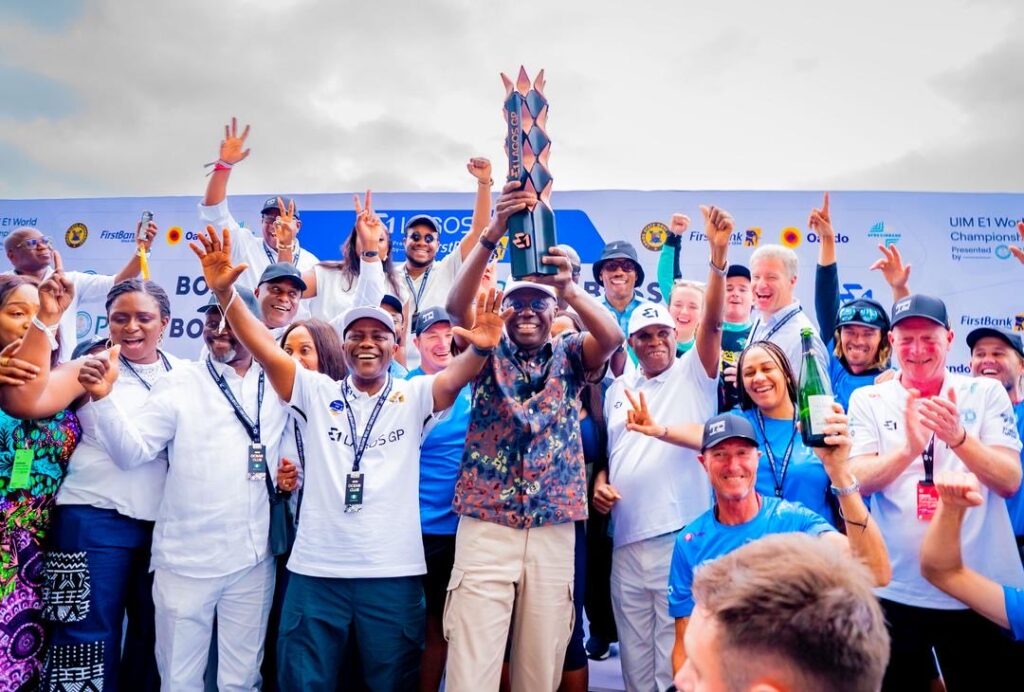
Reactions from Around the World
Internationally, the Lagos race and Brazil’s victory attracted attention from sports networks and environmental organizations. Analysts described the event as a landmark in the evolution of electric racing, similar to how Formula E transformed electric car competition a decade ago.
In Brazil, national media outlets highlighted the team’s success as a reflection of the country’s growing expertise in clean technology and renewable energy. Meanwhile, Nigerian sports fans celebrated the event’s flawless organization, viewing it as a stepping stone for future global competitions in the country.
Sports commentators also emphasized the broader significance of the race, showing that Africa can play a central role in hosting sustainable global sporting events that promote innovation, inclusivity, and environmental responsibility.
The Future of E1 Racing in Africa
Following the success of the Lagos race, E1 officials confirmed plans to return to Africa in subsequent seasons, with Lagos expected to remain a key location on the championship calendar. Organizers are exploring partnerships with local governments, universities, and renewable energy firms to build long-term programs that train young African engineers and pilots in electric marine technology.
This vision aligns with Lagos State’s goal of becoming a global innovation hub for sustainable transport and clean energy development. Future editions of the E1 race are likely to attract more African teams, expanding the competition’s reach and strengthening the continent’s presence in the emerging electric sports industry.
A Legacy Beyond the Water
For the Brazilian team, their triumph in Lagos will be remembered not just as a race win, but as a defining achievement in a sport that represents the future of marine mobility. For Nigeria and Africa, the event stands as a powerful statement that the continent is ready to host, innovate, and lead in the era of green technology and global collaboration.
As the sun set over the Lagos Marina, the cheers of fans and the hum of electric boats faded into the evening air. What remained was the shared sense that history had been made, a moment when speed met sustainability, and sport became a bridge between continents and ideas.
The Lagos E1 Electric Boat Race has set a new standard for what is possible on the water, and the Brazilian team’s victory will forever be remembered as the day a new era in racing truly began.

